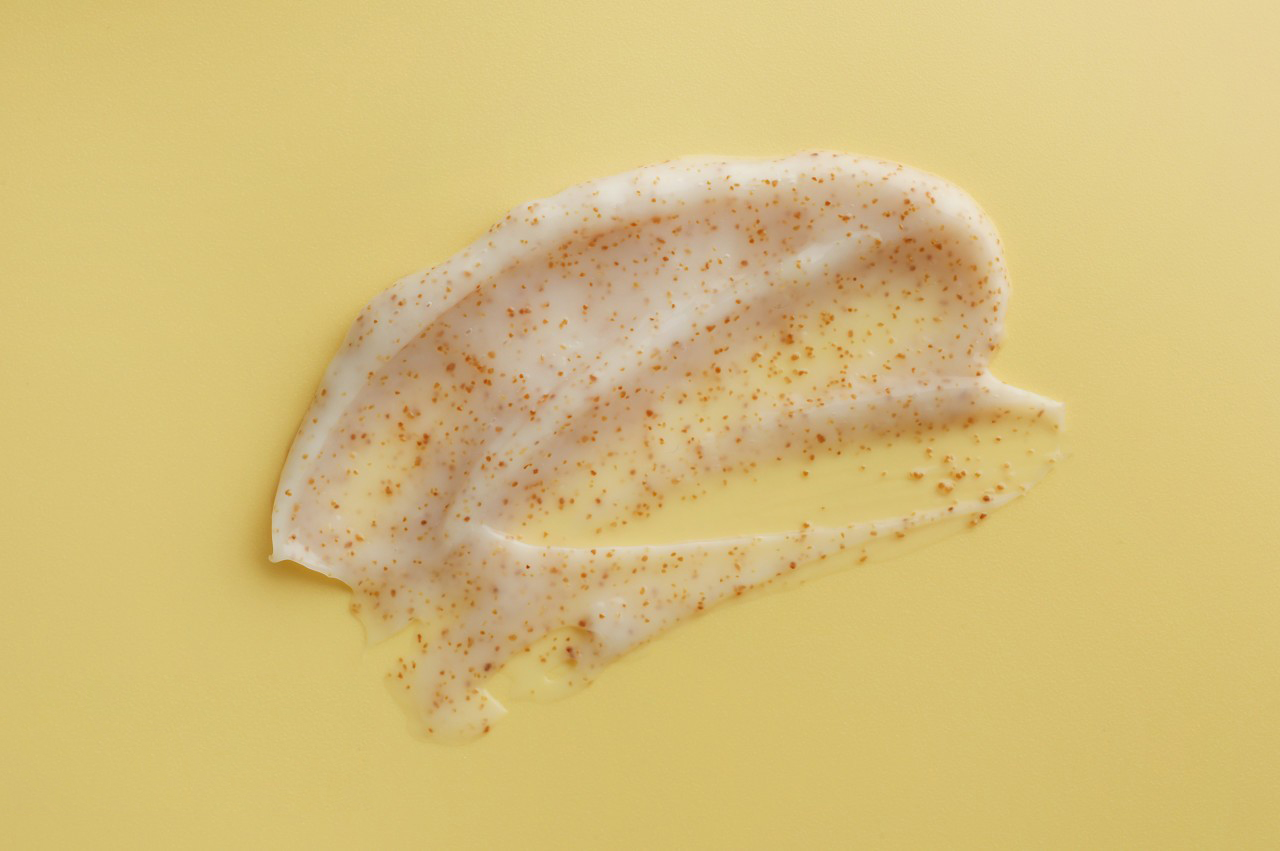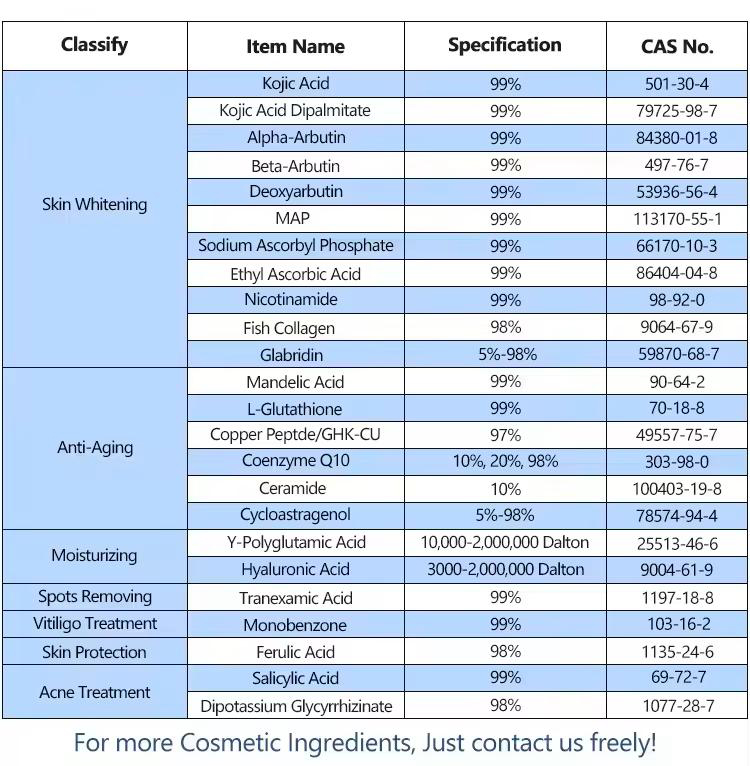Isopropyl Myristate (IPM) is a synthetic oil commonly used in cosmetic and pharmaceutical formulations as an emollient, thickening agent, or penetration enhancer. While it is generally considered safe for use in topical products, there are some potential concerns and side effects associated with its use on the skin. Here are some points to consider:
Potential Harm and Side Effects
1.Comedogenicity:
Isopropyl Myristate is known to be comedogenic, which means it can clog pores and potentially lead to acne or breakouts. This is particularly relevant for individuals with oily or acne-prone skin.
2.Irritation and Allergic Reactions:
Some individuals may experience skin irritation or allergic reactions to Isopropyl Myristate. Symptoms can include redness, itching, and rash. It is more common in people with sensitive skin or pre-existing skin conditions such as eczema or rosacea.

3.Dryness and Barrier Disruption:
While Isopropyl Myristate is an emollient, it can paradoxically cause dryness in some people. This might be due to its ability to penetrate deeply into the skin, potentially disrupting the natural skin barrier and leading to moisture loss.
4.Environmental Concerns:
There are some concerns about the environmental impact of synthetic esters like Isopropyl Myristate. However, this is more related to production and disposal rather than direct harm to the skin.
Safe Usage Guidelines
1.Patch Testing:
Before using products containing Isopropyl Myristate, especially if you have sensitive skin, it’s a good idea to perform a patch test. Apply a small amount of the product to a discreet area of skin and monitor for any adverse reactions over 24-48 hours.
2.Choosing Non-Comedogenic Products:
If you have acne-prone or oily skin, look for products labeled as non-comedogenic, which are formulated to not clog pores.

3.Consulting a Dermatologist:
If you have concerns about using products containing Isopropyl Myristate, particularly if you have a history of skin sensitivity or allergies, consult with a dermatologist. They can provide personalized advice and recommend suitable alternatives.
4.Reading Labels:
Be mindful of the concentration of Isopropyl Myristate in products. Lower concentrations are less likely to cause issues, whereas higher concentrations might increase the risk of adverse reactions.
In summary, while Isopropyl Myristate is generally safe for most people, it can cause skin problems in some individuals, particularly those with sensitive or acne-prone skin. Careful selection of products and patch testing can help mitigate potential risks.
